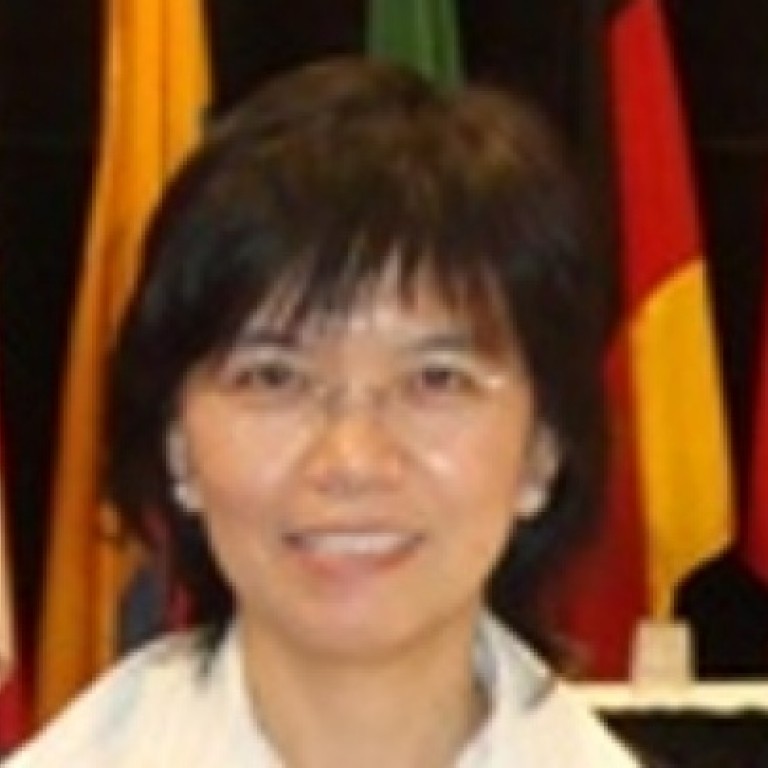
Education must be a prime focus for Hong Kong
Given that higher education is important to Hong Kong's future competitiveness, the expectations of the city's 15-year-olds give cause for concern. According to figures compiled by Chinese University academics from the Programme for International Student Assessment (PISA) in 2009, only 47.2 per cent thought they would complete a university education.
Given that higher education is important to Hong Kong's future competitiveness, the expectations of the city's 15-year-olds give cause for concern. According to figures compiled by Chinese University academics from the Programme for International Student Assessment (PISA) in 2009, only 47.2 per cent thought they would complete a university education. That percentage rose to 51 last year, but still compares poorly with 80.9 per cent in South Korea and 70.1 per cent in Singapore. Researchers from the university are using the figures to keep track of how 3,500 pupils progress under the new secondary curriculum. But the data already raises questions about the quality of the city's future workforce in an increasingly knowledge-based environment.
Last year's test also showed that 81.1 per cent of students from the top 10 per cent of socio-economic backgrounds expected to complete university compared with 34.8 per cent of the lowest 10 per cent. Chinese University professor Esther Ho Sui-chu drew the obvious connection with the financial burden on poor families. "If they don't expect to [be able to] go to university, how can they put much effort into their studies?" she said. A low university admission rate, and the grouping of students of different levels in different schools, also play a part in student expectations. Only 18 per cent of the city's students gain admission to publicly funded universities, compared with 26 per cent in Singapore and more than 80 per cent in South Korea. The admission rate could improve soon because of a temporary decline in the secondary student population, but that is simply a reminder that an ageing population will be dependent on a productive, well-educated workforce.
Low educational expectations reflect a widening socio-economic divide, or wealth gap, and help perpetuate inequality. Government and lawmakers should not consider measures to close the gap in isolation from poor educational outcomes in the public school system and the need for more university places. Education yields the most lasting results.

